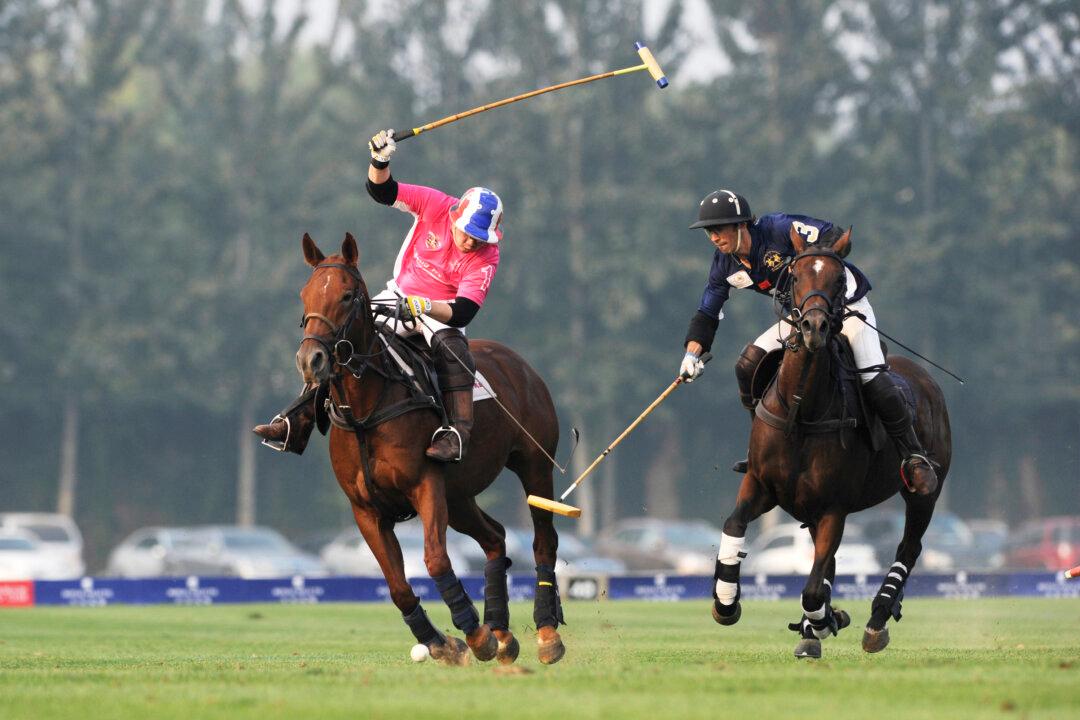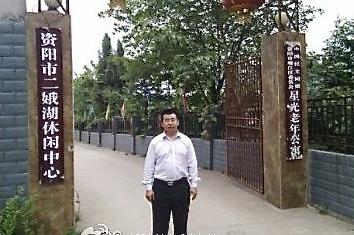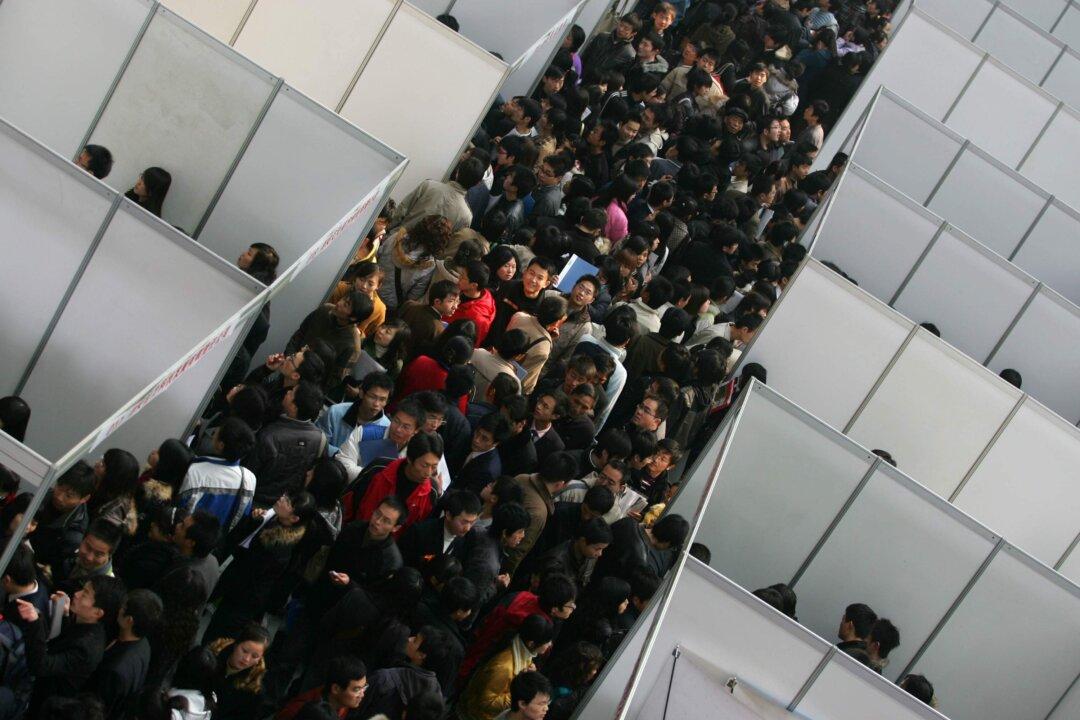Just 4 years ago, China’s wealthiest admitted that their top priority in life was creating wealth. Now, it seems, they are focusing more on spending and preserving. According to a survey co-sponsored by China Merchants Bank and Bain & Company, their new priorities in managing their money are improving quality of life, education, and wealth preservation.
The goals of wealthy Chinese sound very similar to the rest of the world, but in reality the means they use to reach these goals are a little unusual. The following three trends among China’s financial elite may provide some insight into what quality of life, education, and wealth preservation really mean to them.
Quality of life: Drinking human milk
Westerners have long been amazed by the diversity of ingredients that go into Chinese food and medicine. But even many Chinese were shocked by the latest nutrition trend that wealthy Chinese have begun to follow: consuming human breast milk.
Chinese media have reported that wealthy citizens of Shenzhen, one of the country’s wealthiest cities, are hiring breastfeeding women to provide fresh breast milk—for them. In some cases, it was reported, the employer would suckle directly from the breasts.
The monthly cost for a breast milk provider is about $2600 (about 16,000 yuan), which exceeds China’s average monthly income by at least 4 times. “Healthy and attractive providers cost more,” according to Chinese media.
Education: Survival abroad
“Wealthy Chinese are not happy with their reputation abroad,” said Chinese Cultural Comparison Professor, Wang Lianyi. “Chinese have repeatedly been told that they’re lacking basic social manners when traveling abroad.”
In response, wealthy parents are now preparing their children to excel not only in China, but abroad as well. They spend hundreds of dollars an hour to enroll their children in classes to learn golf, ballet, horsemanship, skiing, or polo—skills they believe are necessary to be accepted as upper-class by Western standards.
Classes teaching traditional etiquette are also popular, where students learn to walk, dine, dance, and socialize like true Western ladies and gentlemen. Many choose to send their children to live abroad (New York City and London are most popular) early in their lives, so that they can learn to speak English without a Chinese accent.
Experts say China’s increasing polarization and rising competition for limited resources, coupled by the one-child policy, have made the newly-rich relentless in investing in their children’s future success—abroad.
Preserving wealth: Investing abroad
Personal wealth is now fleeing China at an unprecedented and accelerating pace. According to the survey, 51 percent of Chinese with a US$16 million (100 million yuan) or higher net worth, admit that they are investing abroad, and 60 percent of them concede that they are planning to expand their overseas investments.
Investment immigration has also become popular. In the past year, Chinese investors took 80 percent of the United States’ EB-5 immigration allowance (requiring a minimum US$500,000 investment or creating a minimum of 10 jobs).
Real estate investment is also quite fashionable. In 2012, Chinese investors spent US$9 billion in the U.S. property market, mostly on luxury housing.
Experts say buyers are primarily children of Chinese officials and wealthy business people, who are transferring their wealth abroad to preserve its value and escape investigation on so-called “grey” income. Unreported and untaxed, “grey” income is considered questionable legally.
Many officials have sent their entire families abroad, along with large sums of capital, to prepare for a possible future escape from China. Both officials and business people have been driven abroad by a rising sense of insecurity—both financial and legal—mostly due to China’s authoritarian political regime and a legal system that does the Communist Party’s bidding.




